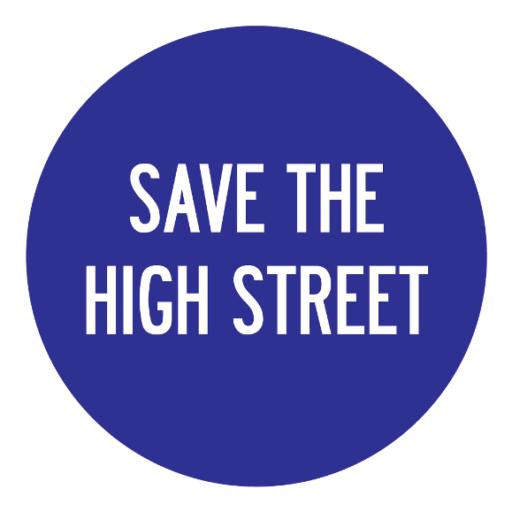Selling through multiple channels
While some businesses can still trade from their high street outlet, for much of the high street, gaining footfall is no longer the priority during lockdown.
‘Non essential’ restaurants, bars, cafes, retailers and other high street businesses are still able to offer online delivery, collection, and other remote sales options.
Government guidelines reinforce this point by stating:
“Online retail is still open and encouraged and postal and delivery service will run as normal.”
Businesses that are open as normal and offering ‘essential’ products need last mile delivery options to serve their local community. While fulfilling needs for the elderly, vulnerable and self-isolating must remain the priority, all households will require this to minimise the potential spread of the Coronavirus.
New ways of fulfilling products, services and experiences are being experimented with across the UK. Business owners will need to learn how attitudes and behaviours are changing so they can make sure they’re in the best position to serve the new market needs of the future.
This includes taking time to review the readiness and sustainability of their business models to be prepared for similar outbreaks and novel situations, regardless of how unlikely they may seem.
A key lesson to take from the COVID-19 outbreak is the necessity of selling through multiple channels, allowing businesses to mitigate the risk of losing one main point of sale which, today, happens to be the physical high street outlet.
Making efforts to diversify points of sale across the following channels will work as a complementary measure alongside the physical high street store, market stalls, concessions and pop-ups, once restrictions have been lifted and we’re back to normal:
- E-commerce websites
- Marketplaces
- Social media
- Messaging channels
- Phone
It’s worth bearing in mind that the necessity of these channels was already important before the COVID-19 outbreak. Consumer shopping habits continue to change and adapt to new environments and technologies, which has only been accelerated by the pandemic.
Furthermore, offering new fulfilment services targeting local community needs will continue to be important for businesses who will be expected to find innovative ways to keep their customers engaged and loyal.
This could include:
- Click & Collect
- Volunteer pick-up
- Kerbside collection
- Local contactless delivery
- Online pub quizzes
- Livestreaming gigs
It’s also important for each business to develop a unique plan for selling and fulfilling products, services and experiences in ways their customers prefer, according to their business offering and the habits of their customers and community.
There are dozens of different ideas to consider in relation to this goal alone, from offering local delivery to hosting online events, being available to contact through social media to selling your products on online marketplaces, and more.
In addition to selling through multiple channels, the other goals that we encourage all high street businesses to work on are:
- Reducing your business costs
- Marketing during lockdown
- Collaborating as a high street
- Preparing for the future
- Funding your business
Here at SaveTheHighStreet.org, we are now running 12-week COVID-19 support programmes for local high street business owners, working closely with each business to develop and implement a highly personalised plan that considers every possible idea across all 6 goals listed above.
This is our most hands-on support programme ever and aims to give as many local businesses as possible the best chance of success on the high street, for now and for the future.
Click here to find out more and register for the next 12-week programme




